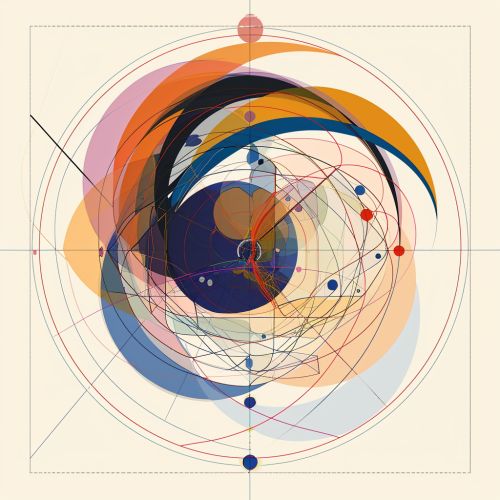Complex Number
Introduction
A complex number is a number that can be expressed in the form a + bi, where a and b are real numbers, and i is a solution of the equation x² = −1. Because no real number satisfies this equation, i is called an imaginary unit. In this context, the term "imaginary" does not imply that these numbers are any less real than the "real" numbers; instead, it refers to a mathematical concept that extends the real number system ℝ, which in turn extends the rational numbers ℚ, which in turn extends the integers ℤ, which in turn extends the natural numbers ℕ.


Definition
Formally, a complex number is a member of the mathematical set of numbers known as the complex plane, denoted as ℂ. This set is a two-dimensional vector space over the real numbers, endowed with a multiplication operation that makes it a field, a basic algebraic structure in mathematics.
Real and Imaginary Parts
A complex number z can be viewed as an ordered pair (a, b) of real numbers, which can be represented as a point in a two-dimensional space known as the complex plane. The first component a is known as the real part of the complex number, and the second component b is the imaginary part.
Complex Conjugate
The complex conjugate of a complex number is the number with the same real part and an imaginary part equal in magnitude but opposite in sign. For a complex number z = a + bi, the complex conjugate is a - bi.
Operations with Complex Numbers
Complex numbers can be added, subtracted, multiplied, and divided, just like real numbers. However, these operations work differently due to the presence of the imaginary unit i.
Applications of Complex Numbers
Complex numbers have a wide range of applications in various fields of science and engineering. They are used in electrical engineering to analyze AC circuits, in quantum mechanics to describe the state of a quantum system, and in control theory to analyze system stability, among others.
